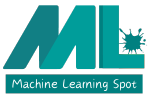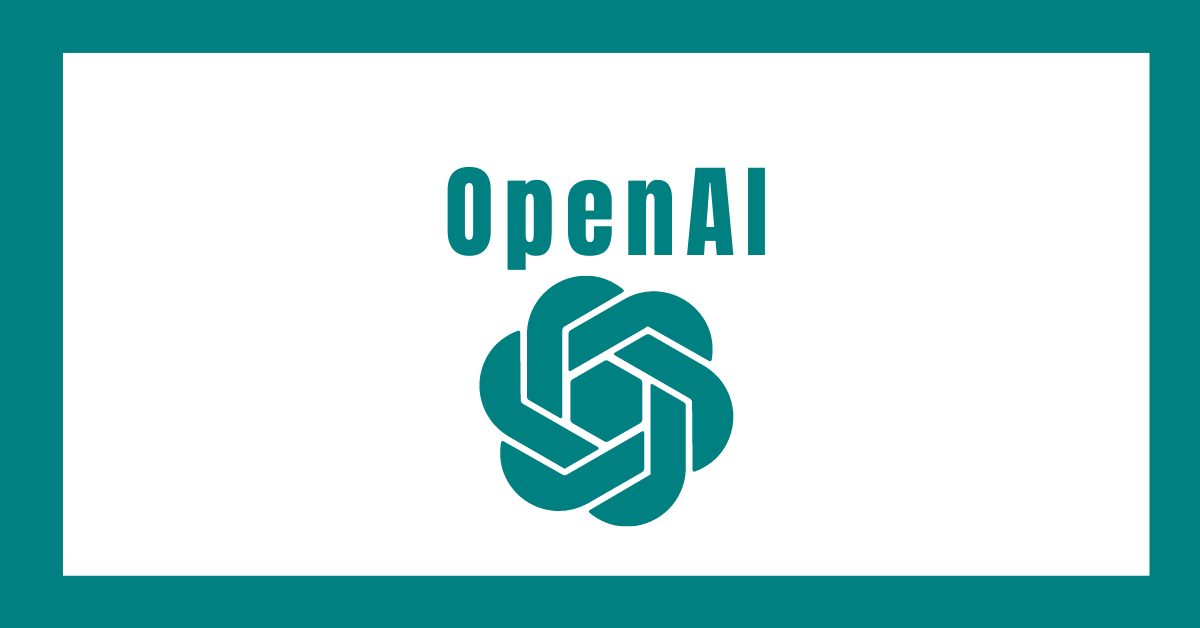OpenAI, a nonprofit company that started with a billion dollars, is now a multibillion-dollar entity. What is the financial landscape of OpenAI Crunchbase company, who are the faces behind the company, and what roles do Elon Musk, Sam Altman, LinkedIn co-founder Reid Hoffman, and many others play? This blog covers every aspect of the company, enlightening you with everything you need to know.
We will analyze the complexities of OpenAI, illuminating its mission, structure, partnerships, financial landscape, and the dynamic personalities behind its leadership, from the company’s founding to its most recent advancements. Accompany us on this voyage as we explore the intriguing realm of OpenAI.
A Brief Intro of OpenAI Crunchbase Company
OpenAI Crunchbase company was founded in 2015 by Sam Altman, Elon Musk, and others in San Francisco, California, United States. Sam Altman and Elon Musk served as initial board members. The tech giants including Elon Musk, Sam Altman, LinkedIn cofounder Ried Hoffman, and PayPal co-founder Peter Theil backed initial funding of 1 Billion US dollars. Elon Musk later departed from the board but kept donating and advising the company to support its mission.
OpenAI’s Mission
OpenAI’s mission is guided by its charter, which remained the same since its formation and has been consistently guiding it towards its mission. It is based on four key points, which can be summarized as:
- Broadly distributed benefits, avoiding harm or power concentration.
- Long-term safety and research to make artificial general intelligence (AGI) safe for all humanity.
- Technical leadership to stay ahead in AI capabilities, enabling them to address the impact of AI.
- Cooperative approach with research and policy institutions to create a global community to address AI challenges.
Understanding OpenAI’s Structure: Non-Profit or For-Profit?
This topic has a lot of misconceptions associated with it. Some of you might think that open AI is still non-profit, and some of you might say no way. Then why is ChatGPT not free? GPT might be earning like Facebook and GPT4 with a direct fee, but it is more complex than that.
Well, in reality, you can say there are two OpenAI one OpenAI Inc. and the other OpenAI LP, where LP stands for a limited partnership. OpenAI LP is a capped-profit subsidiary of OpenAI Inc., a non-profit organisation.
By capped profit, they mean that there is a cap on their profits; their investors and employees cannot receive more than a limited amount of profit, no matter how much profit increases; it will be reinvested in non-profit open AI.
According to OpenAI LP, the subsidiary of OpenAI Inc., the profits that are capped are used to attract further investors and a talented workforce. Only a few are allowed to have financial benefits, and those board members who are allowed to have them cannot take part in the decision-making of the company.
Now whenever OpenAI is mentioned as engaging in profits, it means OpenAI LP capped profit subsidiary to support Non-profit.
OpenAI’s Collaborations and Financial Landscape: Partnerships and Investments
OpenAI has a cooperative approach; it partners in many ways among financial partners. Its biggest partner is Microsoft, which initially invested 1 billion dollars in 2019 and later, in 2023, 10 billion dollars, on which Elon also raised concerns. According to many industrial sources, Microsoft also silently invested 2 billion dollars between 2019 and 2023, making it almost 45%–49% of the shareholders.
As of now, OpenAI is the most funded machine learning platform in 2024, with a funding of 11 billion US dollars, while Scale-AI followed with a funding of 600 million US dollars.
In April 2023, OpenAI successfully concluded a share sale, raising $300 million from prominent venture capital firms such as Sequoia Capital, Andreessen Horowitz, Thrive, and K2 Global, among others. This transaction solidified OpenAI’s valuation between $27 billion and $29 billion.
On February 17, 2024, OpenAI completed a deal now valuing it at over $80 billion. Thrive Capital led a tender offer allowing employees to cash out shares. This surpasses the previous $29 billion valuation.
In a surprising turn of events, OpenAI has been reported to be in discussions with investors to secure a staggering $100 billion in funding as of December 2023. Additionally, as of February 8, 2024, the company is engaging in talks, including with investors from the UAE, to raise an astonishing $7 trillion for the AI chip industry.
In its other small investors and funders include Khosla Ventures and the Reid Hoffman Charitable Foundation.
It partners with platforms like HuggingFace🤗 in collaboration to share open-source libraries and tools that encourage knowledge sharing and innovation. It also partners with university researchers like CSET at Georgetown University, and other university researchers.
Now its first-ever partnership with the entire university, Arizona State University, was also announced on January 18, when it partnered with Arizona State University.
OpenAI’s Acquisition
OpenAI has acquired Global Illumination on Aug 16, 2023. They acquired Global Illumination for $100M.
OpenAI Crunchbase company also partners with non-profit organisations and even with worldwide governments, and they are open to data partnerships where they work together with organisations to produce public and private datasets.
Get to Know the Faces Behind OpenAI Crunchbase Company
OpenAI’s journey has been marked by dynamic shifts in leadership. From its inception in 2015, the founding members, including Sam Altman, Elon Musk, Greg Brockman, Ilya Sutskever, John Schulman, and Wojciech Zaremba, laid the groundwork for the organization’s mission to advance artificial general intelligence (AGI) for the benefit of humanity.
As time passed, more members kept joining and leaving the board like Reid Hoffman cofounder of LinkedIn, director of Neuralink Shivon Zilis, former Texas congressman Will Hurd and many others who joined and left the company.
In recent times ouster of Sam Altman, one of the founding fathers of the company, as a CEO changed the dynamics of the company upon which 95% of OpenAI employees threatened to leave the company while the prominent figure one of the co-founders of the company Greg Brockman had resigned in protest.
Fast forward to the present day, and OpenAI’s leadership has undergone a significant transformation. Sam Altman, a co-founder of OpenAI, has returned to lead the organization as CEO, bringing with him a renewed focus on the core mission and values of the company.
Joining Altman are new board members Bret Taylor, Larry Summers, and Adam D’Angelo, each contributing their unique perspectives and experiences to guide OpenAI into its next phase of growth and innovation.
Conclusion
The journey of OpenAI Crunchbase company is still going on, and it has achieved all of its goals so far. Despite all of the concerns, it is still progressing and carrying on its mission as described in the charter of OpenAI, but as time progresses, new insights about OpenAI will keep emerging. Stay in touch with us to keep yourself updated.


